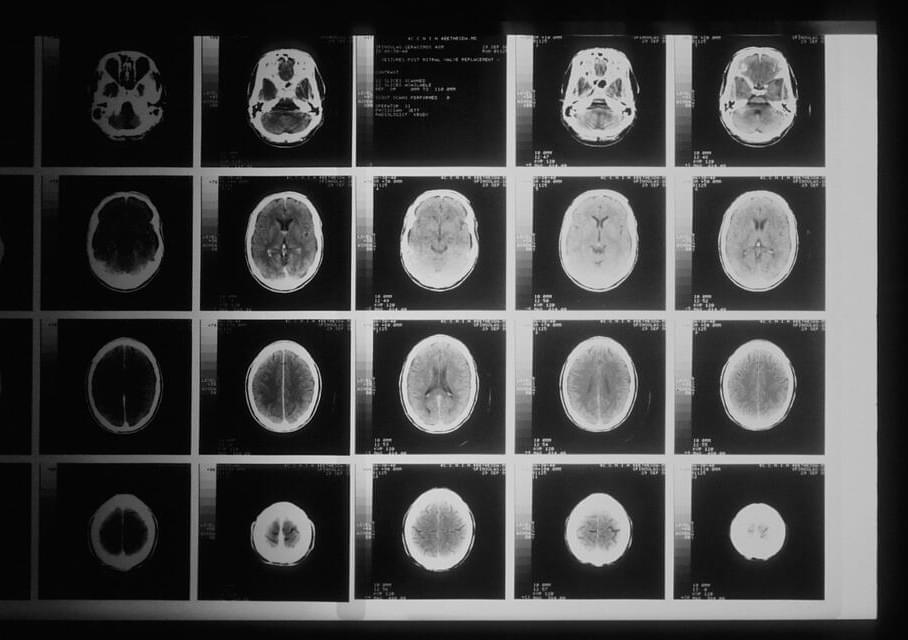Researchers at Penn Medicine and Intel Corporation led the largest-to-date global machine learning effort to securely aggregate knowledge from brain scans of 6,314 glioblastoma (GBM) patients at 71 sites around the globe and develop a model that can enhance identification and prediction of boundaries in three tumor sub-compartments, without compromising patient privacy. Their findings were published today in Nature Communications.
“This is the single largest and most diverse dataset of glioblastoma patients ever considered in the literature, and was made possible through federated learning,” said senior author Spyridon Bakas, Ph.D., an assistant professor of Pathology & Laboratory Medicine, and Radiology, at the Perelman School of Medicine at the University of Pennsylvania. “The more data we can feed into machine learning models, the more accurate they become, which in turn can improve our ability to understand, treat, and remove glioblastoma in patients with more precision.”
Researchers studying rare conditions, like GBM, an aggressive type of brain tumor, often have patient populations limited to their own institution or geographical location. Due to privacy protection legislation, such as the Health Insurance Portability and Accountability Act of 1996 (HIPAA) in the United States, and General Data Protection Regulation (GDPR) in Europe, data sharing collaborations across institutions without compromising patient privacy data is a major obstacle for many healthcare providers.
